**”The Role of Inflammation in Muscle Recovery: Exploring How Anti-Inflammatory Supplements Can Enhance Post-Workout Healing”**
# The Role of Inflammation in Muscle Recovery: Exploring How Anti-Inflammatory Supplements Can Enhance Post-Workout Healing
Muscle recovery is a critical aspect of any fitness routine, whether you’re a casual gym-goer or a professional athlete. After an intense workout, your muscles undergo microscopic damage, leading to inflammation—a natural part of the healing process. However, excessive inflammation can delay recovery and hinder performance. This is where anti-inflammatory supplements come into play. In this blog post, we will explore the role of inflammation in muscle recovery, the benefits of anti-inflammatory supplements, and offer nutrition and exercise advice to optimize your post-workout healing.
## Understanding Inflammation in Muscle Recovery
### What is Inflammation?
Inflammation is the body’s response to injury, infection, or irritation. In the context of muscle recovery, inflammation occurs as your body repairs micro-tears in muscle fibers, which can result from strenuous exercise. While acute inflammation is necessary for healing, chronic inflammation can lead to prolonged soreness, fatigue, and even injury.
### The Healing Process
After a workout, the inflammatory response initiates several processes that facilitate recovery. Immune cells are sent to the damaged areas to clear out debris and promote healing. This process can lead to soreness, often referred to as delayed onset muscle soreness (DOMS), which typically peaks 24 to 72 hours post-exercise. Understanding this process is essential for athletes and fitness enthusiasts looking to optimize their recovery.
## The Role of Anti-Inflammatory Supplements
### Types of Anti-Inflammatory Supplements
There are various anti-inflammatory supplements available that may aid in muscle recovery. Some of the most popular include:
– **Omega-3 Fatty Acids**: Found in fish oil, these essential fats are known for their anti-inflammatory properties and support overall heart health.
– **Curcumin**: The active compound in turmeric, curcumin has been shown to reduce inflammation and pain.
– **Bromelain**: An enzyme derived from pineapples, bromelain can help reduce swelling and inflammation.
– **Ginger**: Known for its culinary uses, ginger also possesses anti-inflammatory effects that can assist in recovery.
### Mechanisms of Action
These supplements work by modulating the inflammatory response, reducing the production of pro-inflammatory cytokines, and promoting the repair of muscle tissues. By facilitating a balanced inflammatory response, these supplements can help minimize discomfort and enhance recovery time.
## Nutrition Tips for Enhanced Recovery
1. **Incorporate Anti-Inflammatory Foods**: Including foods rich in antioxidants and anti-inflammatory properties can support recovery. Consider adding berries, green leafy vegetables, nuts, and fatty fish to your diet.
2. **Stay Hydrated**: Adequate hydration is crucial for overall health and aids in muscle recovery. Aim to drink water before, during, and after workouts.
3. **Prioritize Protein**: Consuming protein post-workout helps repair muscle tissue. Opt for lean sources such as chicken, fish, beans, or plant-based protein powders.
4. **Include Healthy Fats**: Incorporate sources of omega-3 fatty acids, such as flaxseeds, walnuts, and fatty fish, to support anti-inflammatory pathways.
5. **Limit Processed Foods**: Foods high in sugar and saturated fats can promote inflammation. Focus on whole, unprocessed foods for optimal recovery.
## Exercise Advice for Optimal Recovery
1. **Active Recovery**: Engaging in low-intensity activities, such as walking or yoga, can promote blood flow and reduce muscle soreness.
2. **Stretching and Mobility Work**: Incorporating stretching and mobility exercises post-workout can aid in flexibility and reduce tightness in muscles.
3. **Rest and Recovery Days**: Allow time for your body to recover by scheduling rest days or lighter workout sessions throughout the week.
4. **Listen to Your Body**: Pay attention to how your body feels during and after workouts. If you’re experiencing excessive soreness or discomfort, consider adjusting your training intensity.
## Health Benefits of Anti-Inflammatory Supplements
In addition to enhancing muscle recovery, anti-inflammatory supplements can provide a range of health benefits, including:
– **Improved Joint Health**: Many anti-inflammatory supplements can help alleviate joint pain and stiffness, particularly beneficial for those with arthritis.
– **Enhanced Immune Function**: A balanced inflammatory response supports a healthy immune system, reducing the likelihood of illness.
– **Better Cardiovascular Health**: Omega-3 fatty acids and other anti-inflammatory compounds can improve heart health by reducing inflammation in blood vessels.
## Conclusion
In summary, understanding the role of inflammation in muscle recovery is essential for anyone engaged in regular physical activity. While inflammation is a natural response to exercise, managing it through anti-inflammatory supplements, proper nutrition, and smart exercise strategies can enhance recovery and overall health. By incorporating these practices, you can optimize your post-workout healing and continue to make progress in your fitness journey.


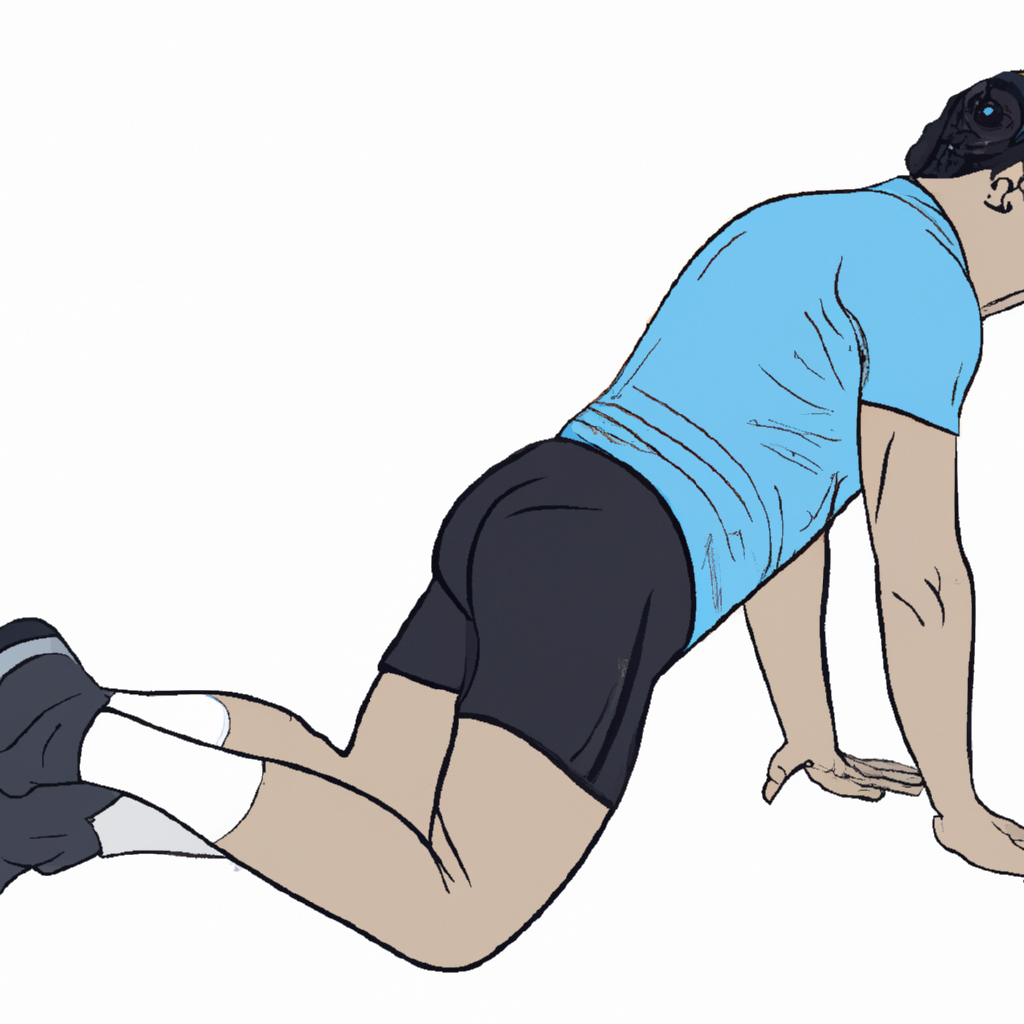

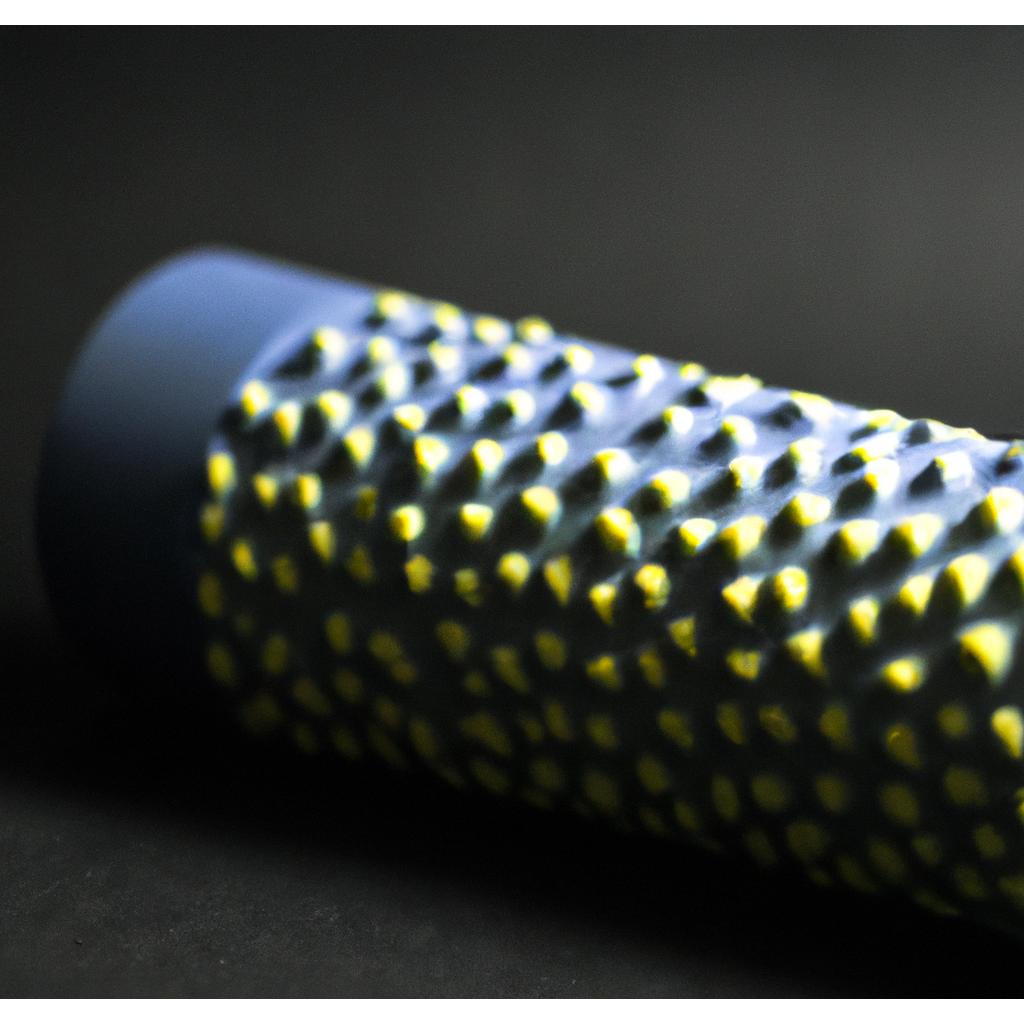
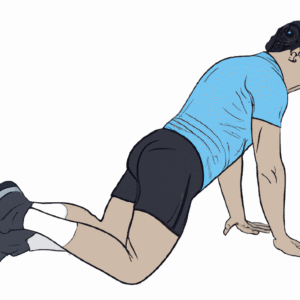

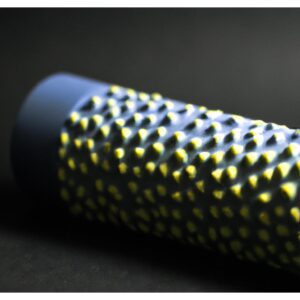






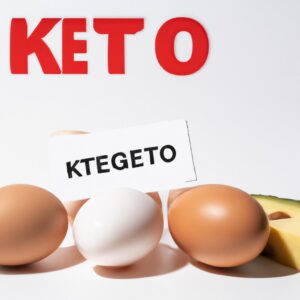
Post Comment